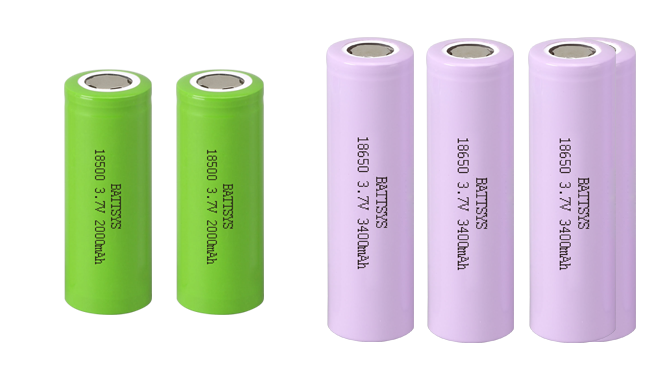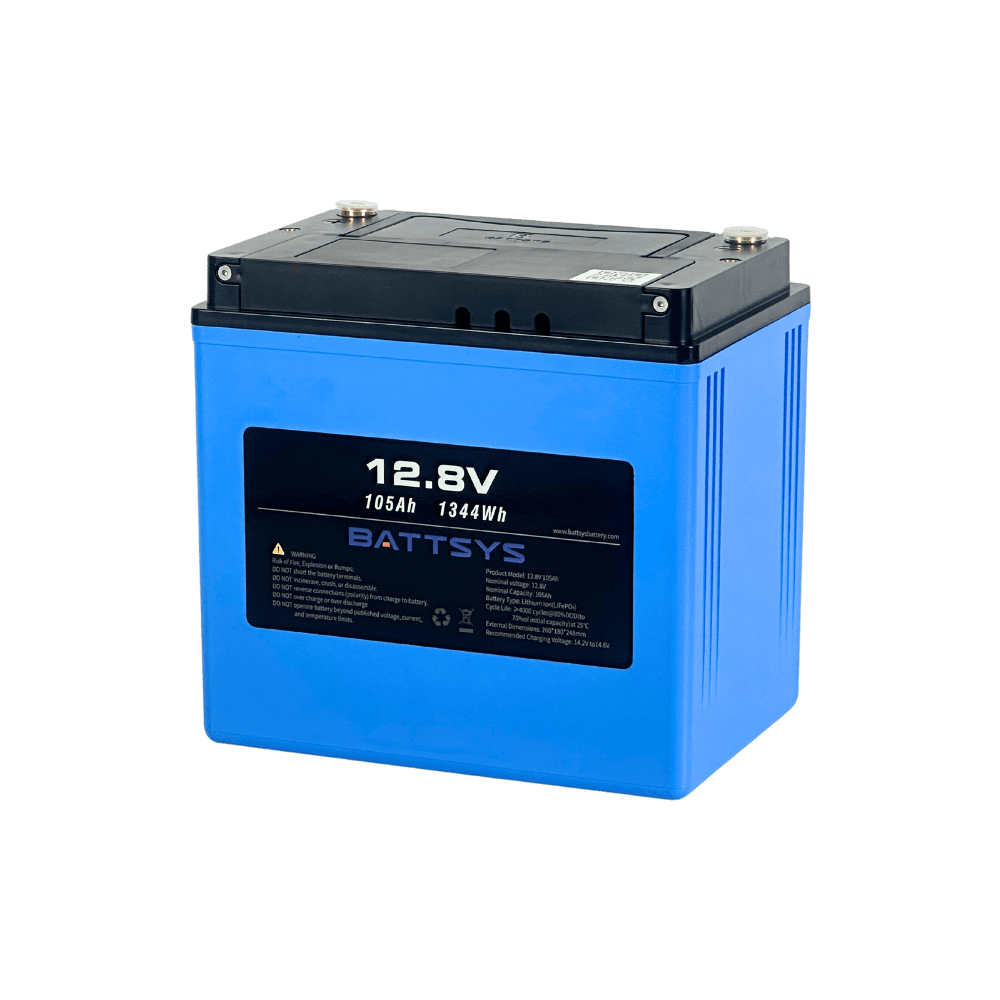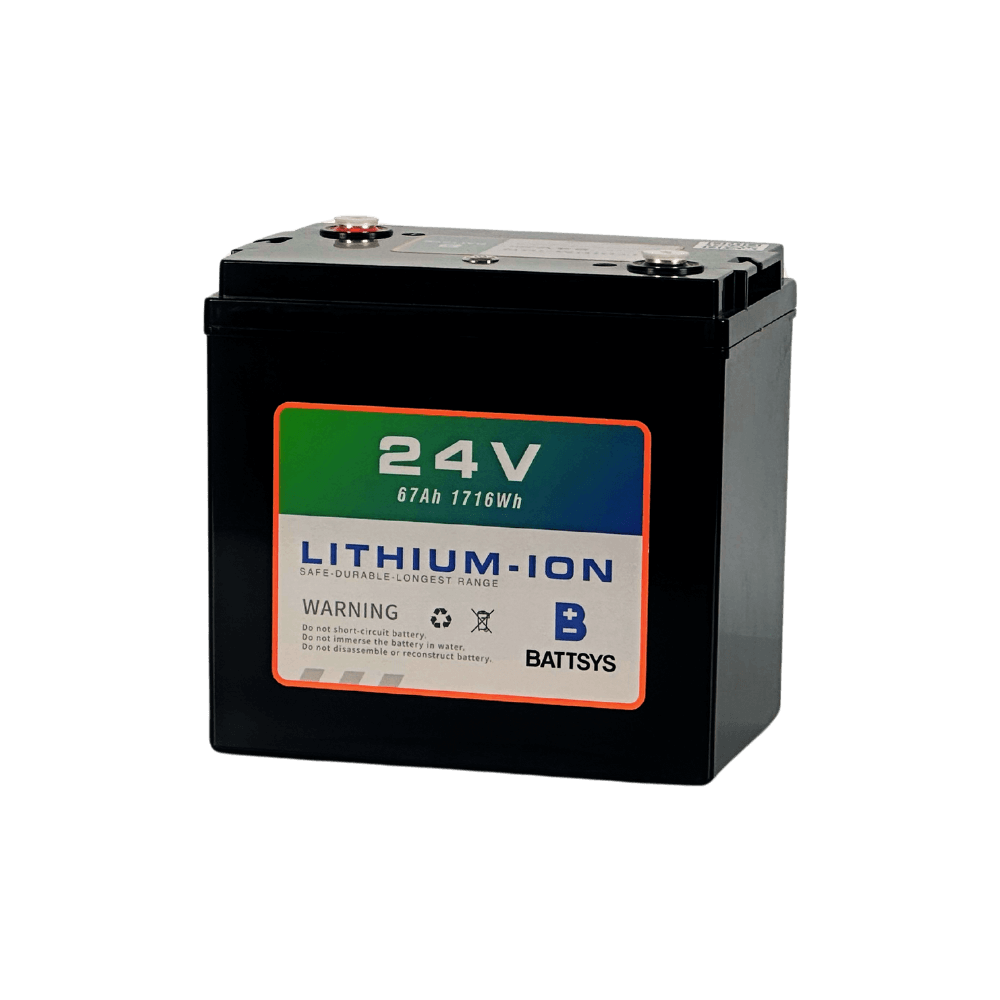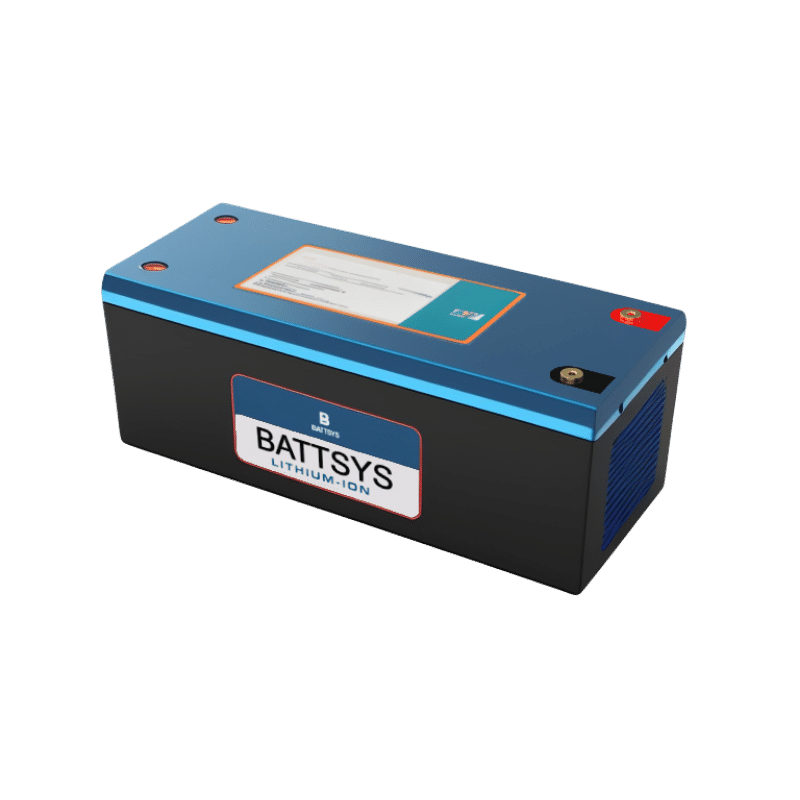Scientists develop safer lithium batteries: no fire or explosion, longer battery life.
The biggest bottleneck in the development of smartphones is lithium batteries, and scientists are actively searching for safer and better lasting alternative batteries.
According to foreign media reports, a team of engineers at the University of Illinois (UI) has proposed a polymer based solid electrolyte that can not only self repair but also be recycled without the need for high temperatures. By using special cross-linked polymers, the new electrolyte becomes harder under heating rather than decomposing.

If you study carefully, you will find that lithium-ion batteries catch fire mostly due to the use of liquid electrolytes - if the battery is severely damaged, it will undergo a chemical reaction with the electrodes. Brian Jing, a graduate student in materials science and engineering at the University of Illinois, stated that solid polymers or ceramic electrolytes are considered alternatives, but they often melt at the high temperatures generated inside the battery. One way to solve this problem is to use cross-linked polymer strands to produce rubber like lithium conductors. It has a longer service life than harder solid electrolytes, but it cannot self repair and is difficult to recycle.
The UI team has developed a method for creating cross-linking bonds so that they can undergo exchange reactions and exchange polymer chains between them. This means that the polymer will harden and self repair when heated, resulting in reduced growth of dendritic lithium crystals. In addition, polymers can be decomposed without the need for strong acids or high temperatures. On the contrary, it dissolves in water at room temperature.
The team is currently working hard to commercialize this technology.




